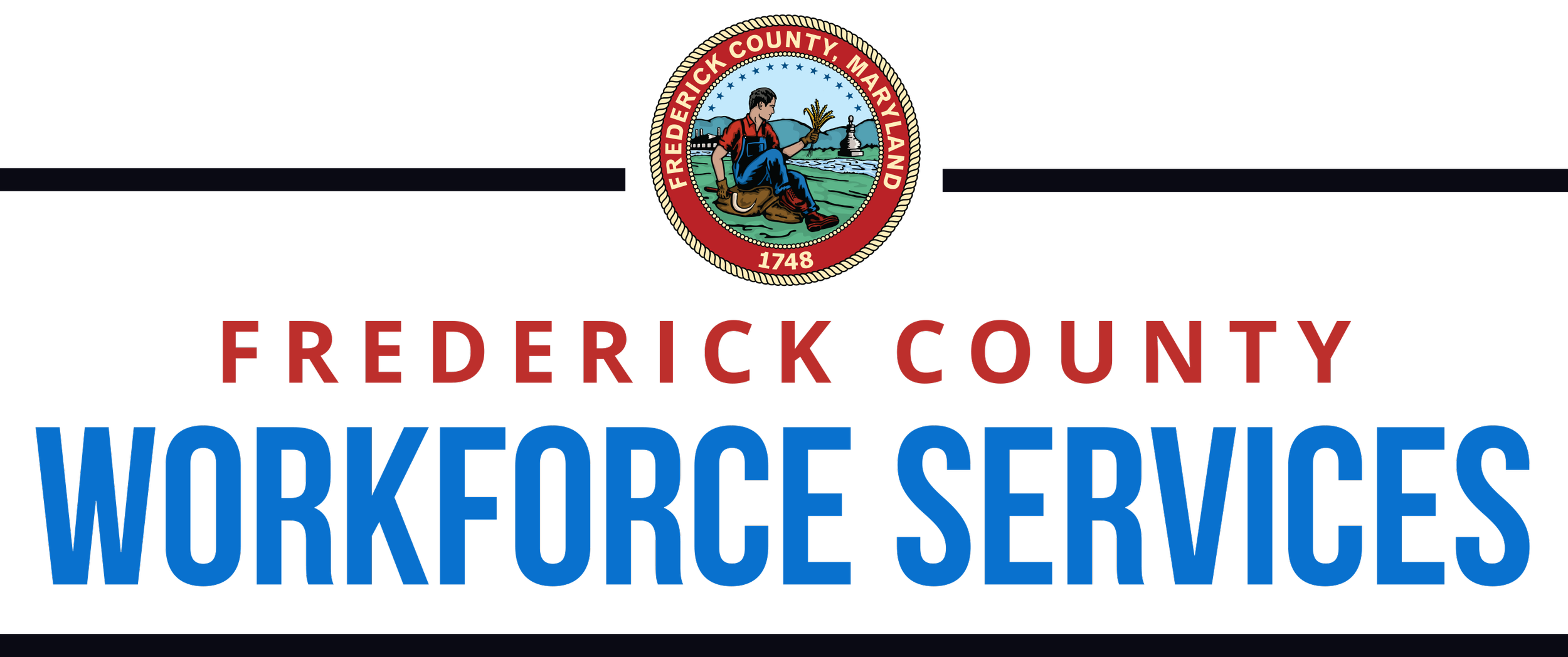Should You Consider A Stop-Gap Job?
Question:
I was let go from my job earlier this year and I am struggling to find a similar role in my field. While I am receiving unemployment benefits, I know they will run out soon. I feel like I may need to accept any job that comes my way even if it’s not in my field, but I’m worried l will get stuck there. What can I do?
Answer:
Unfortunately, the pandemic has thrown a wrench in everyone’s job search, including yours. As many employers attempt to navigate the process of reopening safely to the public, hiring decisions may be delayed, salaries could be affected, and specific job opportunities might be limited during this time.
Moving forward, you might have to make a difficult decision about whether or not to continue to search for your desired career, or accept a stop-gap job. While I don’t want you to give up hope on your desired career, in the event it doesn’t happen right away, let's explore how to make a stop-gap job work for you.
“Remember that it’s okay to accept a stop-gap to make ends meet, and doing so doesn’t mean you’ll be stuck there forever. ”
What is a stop-gap job, exactly? Basically, it’s a position that you accept to earn income until you find the job you really want. It can be full-time, part-time, or contract work, but it is most likely a job that isn’t directly related to your previous employment or work history.
First things first, look at your finances and see how much longer you can you search for a job without receiving unemployment benefits. Additionally, try to figure out the lowest salary you could live on that would meet your basic needs (food, shelter, transportation, bills, and so on). Once you assess what your financial needs are, you can make a better determination about whether or not you can hold out or should consider finding a stop-gap job.
The next step is to be strategic about what type of stop-gap jobs you will apply for, and then adjust your expectations. Many job seekers make the mistake of accepting a stop-gap job that isn’t related to their field but you can be strategic while doing so. For example, while you can work at Target, you might want to explore using reputable staffing agencies that might have job listings that are more directly related to your previous or desired role. Be mindful that salaries might be lower than what you are used to and the position may or may not come with full-time status, but remember this is supposed to be a stop-gap position vs. permanent employment. If you’re able to find something in your field, it will be easier for you to transition upward later on.
If you’re able to land a stop-gap job directly or indirectly related to your previous role, make sure that your effort doesn’t stop there. Most individuals underestimate the amount of time it takes to look for a new job while working. It’s best to build a routine by looking for pockets of time throughout the week to job search or do job-related activities (target resume and/or cover letter, update your resume/ LinkedIn, network, and so on). Try to carve out at least 30 minutes to an hour a few times a week to focus on these activities.
Lastly, remember that it’s okay to accept a stop-gap to make ends meet, and doing so doesn’t mean you’ll be stuck there forever. This an unprecedented time for everyone, and if you remain patient, strategic, and open to other possibilities, then accepting a stop-gap job can pay off over time as you eventually reach your long-term goals.

